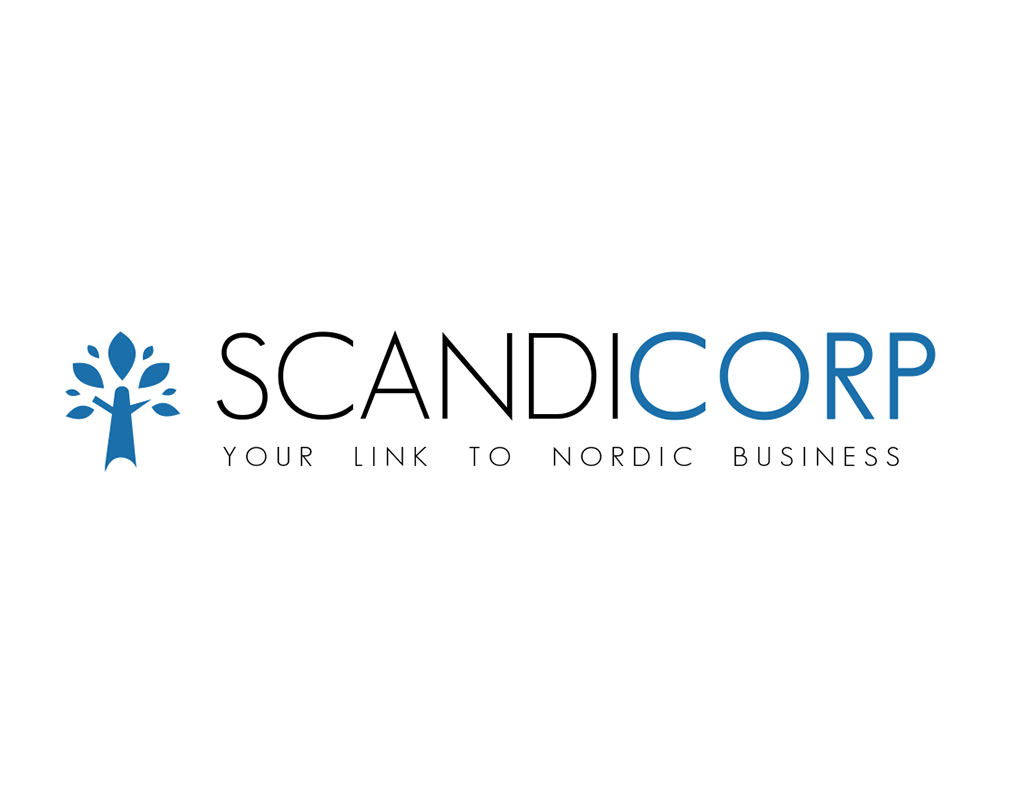Starting a business in Sweden? Here’s what international entrepreneurs need to know about taxes, compliance, and why the system favors startups.

For international entrepreneurs, Sweden is one of the most attractive places in Europe to launch a startup. From Stockholm’s thriving tech scene to Malmö’s creative clusters, the country is packed with opportunity — but it’s also known for being organized, rules-based, and a bit complex when it comes to financial regulations.
Understanding the basics of Sweden’s tax system can help you avoid costly mistakes and set your business up for long-term success.
Sweden has a flat corporate tax rate of 22%, and while that may seem standard, it’s actually quite favorable in Europe. What makes it even better is that the government allows startups to carry forward losses indefinitely — meaning if you don’t make a profit in your early years, those losses can offset future profits.
You can also lower your effective tax rate using profit allocation reserves, a system that lets companies defer some of their taxable income. However, you can’t carry losses backward, and if you acquire another company, rules apply to using their historical losses.
Sweden is surprisingly tax-efficient when it comes to dividends and capital gains. If your company holds shares in another business for at least 12 months — and those shares are “business-related” — the income is typically exempt from tax. This is especially appealing for holding companies or startups with investment arms.
And here's the kicker: no stamp duty or capital tax is charged when you set up a business, which means lower startup costs.
Most businesses must register for VAT (Value-Added Tax). The standard rate is 25%, with reduced rates of 12% (like food) and 6% (like books and cultural services). Filing VAT returns late comes with penalties, so it’s important to stay on schedule. Thankfully, local firms like Scandicorp can help with the paperwork so you can focus on growth.
If you’re funding your company through loans or raising money abroad, you’ll be glad to know Sweden has no withholding tax on interest payments. Plus, with its many tax treaties, dividends paid to shareholders outside Sweden can often be taxed at lower rates.
You can absolutely launch your company in Sweden and stay compliant — even without speaking Swedish or knowing every tax regulation. Companies like Scandicorp exist to make that transition easy. They offer incorporation support, registered addresses, local directors, VAT filings, and more.
So if you’re a founder eyeing the Nordic markets, Sweden could be your smartest move. And with the right support, taxes don’t have to be scary.
Read the full article here at Scandicorp.
